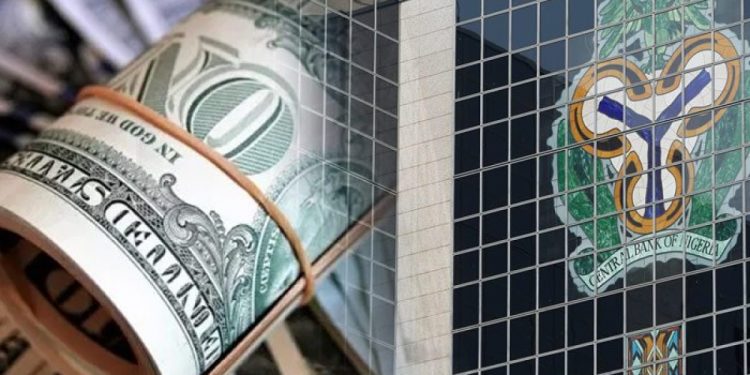Nigeria’s external reserves surged by $424.68 million between August 30 and September 10, signaling an improved financial outlook for the country. Data from the Central Bank of Nigeria (CBN) revealed that the reserves, which play a vital role in stabilizing the naira, financing imports, and managing external obligations, grew from $36.305 billion to $36.730 billion—a 1.17% increase over 11 days.
The reserves, consisting of foreign-denominated assets held by the central bank, experienced a slight fluctuation, dipping to $36.244 billion on September 2 but quickly recovering to $36.274 billion the following day. By September 4, the reserves had returned to their August 30 level at $36.304 billion, and continued to rise in the subsequent days.
Significant gains were noted on September 6, when reserves increased by $55 million to $36.392 billion, followed by a major jump of $250 million between September 6 and 9, reaching $36.642 billion. On September 10, reserves rose further by $88 million, hitting $36.730 billion.
According to the CBN, this growth is attributed to several factors, including the evolving foreign exchange market in Nigeria, changes in international trade patterns, and structural shifts in the country’s economy. The improvement reflects ongoing efforts to stabilize Nigeria’s financial system amid challenges in the global economic environment.
However, the reserves had previously dipped by $342.97 million due to the sale of $876.26 million to meet demands from importers and other users through the Retail Dutch Auction System. Despite this, Nigeria’s first-ever foreign-currency domestic bond secured $900 million in subscriptions, highlighting investor confidence.
The CBN and the Nigeria Deposit Insurance Corporation (NDIC) are set to discuss bank recapitalization during an upcoming summit, with the goal of strengthening the country’s financial sector further.










